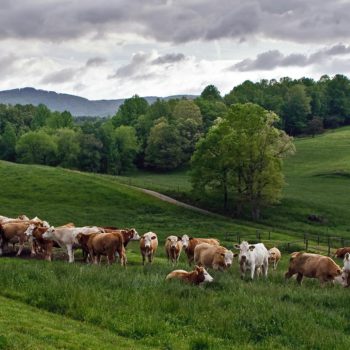|
|
The proposal aimed at enhancing soil vitality across the continent by 2050 is facing criticism due to the absence of legally binding targets.
The proposed, first-ever soil law introduced by the European Commission reflects a growing global recognition of the vital role that healthy soils play in both climate change mitigation and agricultural productivity. The proposal could pave the way for a significant shift in agricultural practices in Europe.
The potential benefits of the law, according to research, could be significant.
Soil is capable of absorbing large amounts of carbon dioxide from the atmosphere. This could help in the global effort to slow down climate change and global heating by reducing greenhouse gases. Moreover, healthier soils can ensure sustainable food production by enhancing fertility and water retention, which can, in turn, lead to improved crop yields.
Critics Demand More Concrete, Legally Binding Targets for Soil Conservation
However, the proposal also appears to face opposition. There’s no clear country-level target for improving soil quality, and the agri-food industry in Europe seems to be critical of this lack of ambition. While the law would require member states to monitor soil health, the use of fertilizers, and erosion, more stringent actions might be needed to substantially improve soil conditions.
Ultimately, achieving the goal of healthy soils across the continent by 2050 would necessitate not only effective legislation but also robust implementation and participation from all stakeholders, including the agri-food industry and farmers.
Given the alarming statistic that over 60% of the EU’s soils are in an unhealthy state, it is crucial to underline the importance of this initiative. Degraded soils pose a significant threat to food security and farming, and improving their health can help to prevent the worst effects of climate extremes like droughts and floods.
It remains to be seen how this proposal will evolve and what impacts it will have on European agriculture and climate efforts. As with any environmental law, a balance will need to be struck between protecting the environment and maintaining economic viability for farmers and food producers.












